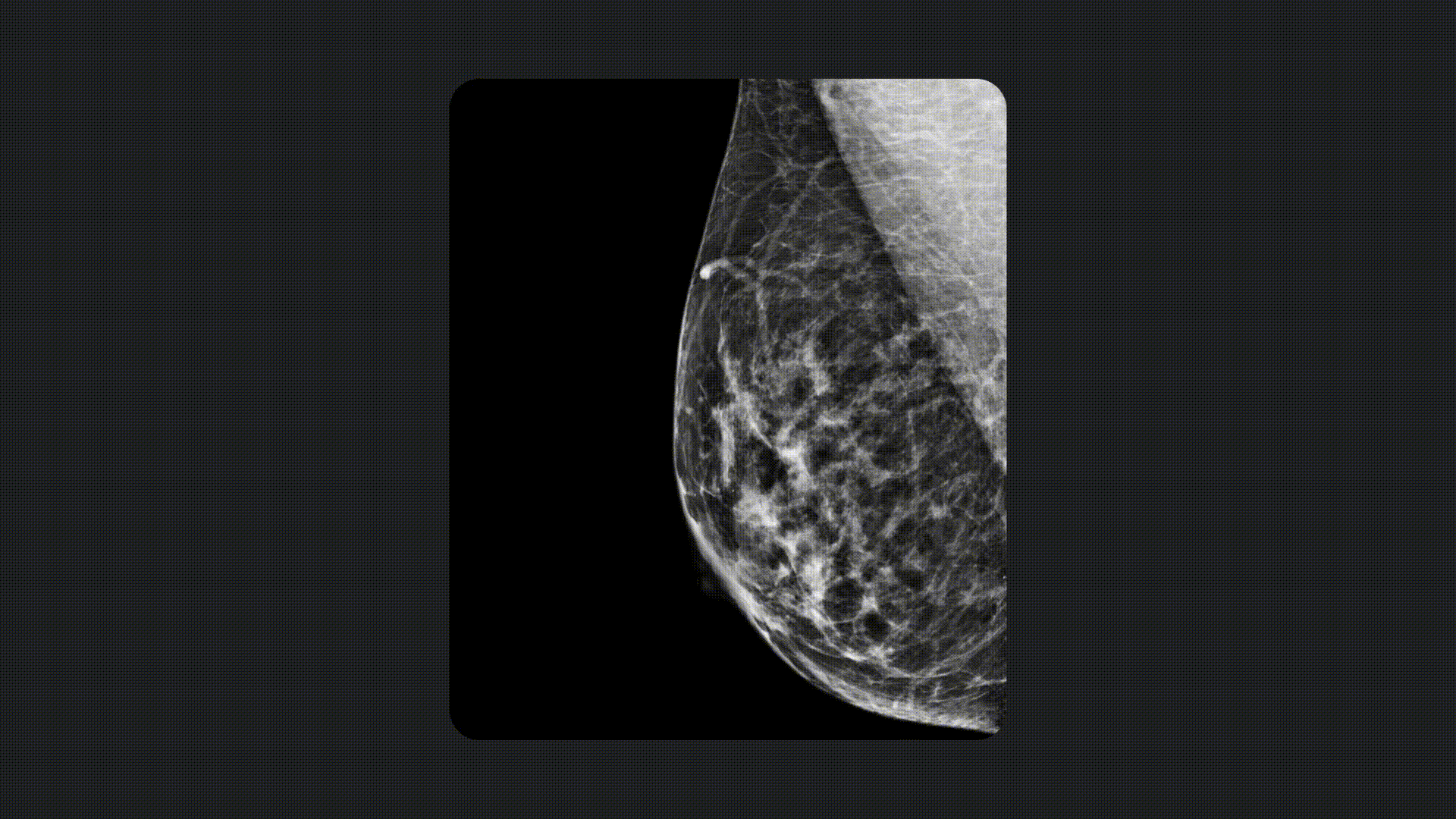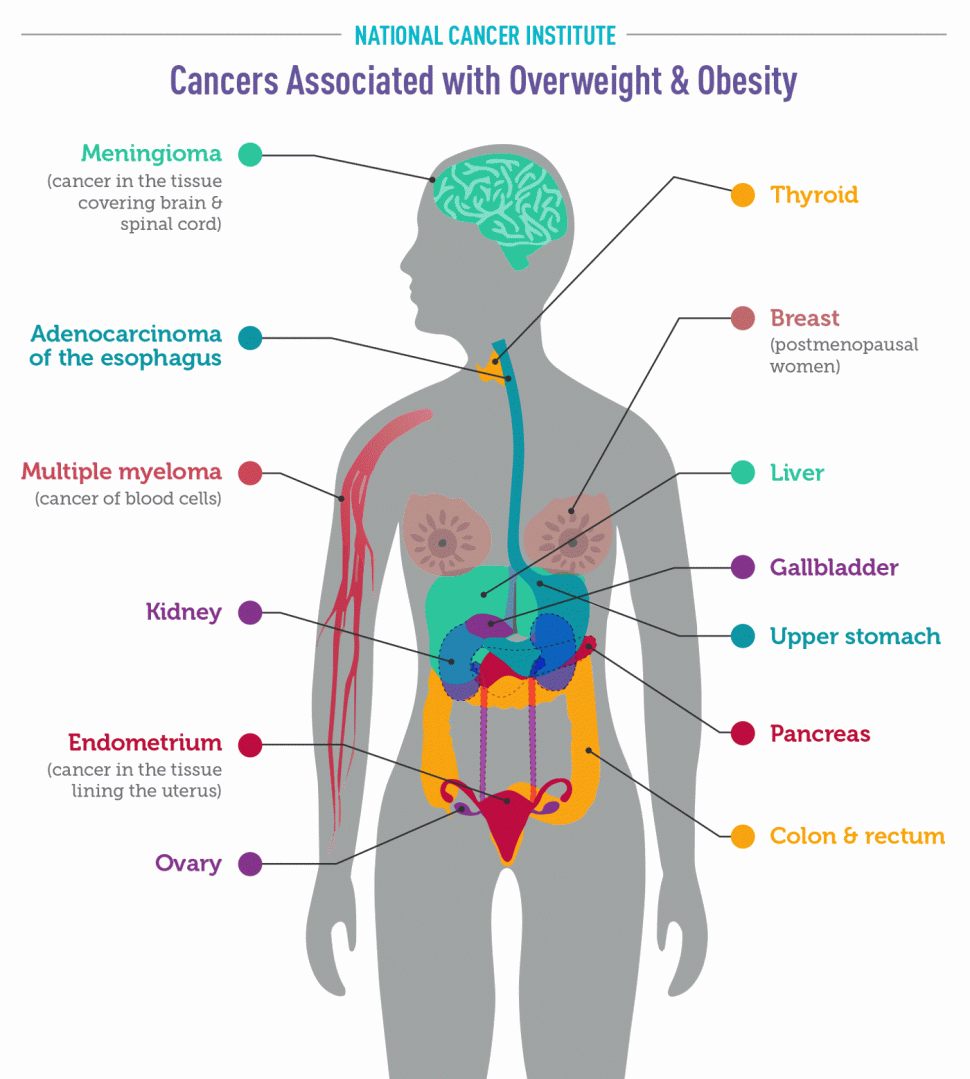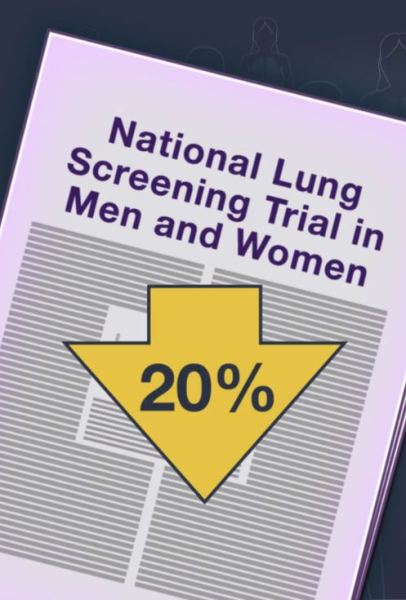
Greg Corrado – Ph.D., Head of Health AI, November 28, 2022:
Alongside licensing our AI technology, iCAD will also use Google Cloud’s secure, scalable infrastructure, giving them the ability to rapidly expand cloud-hosted solutions into new regions. By doing so, iCAD can scale access to AI-based tools in underserved regions where infrastructure challenges may constrain their ability to offer breast cancer screenings.
Breast cancer is one of the world’s most common cancers; thankfully, early detection can help save lives and improve outcomes among many who develop the disease. At Google Health we’re developing AI to improve the accuracy and expand the availability of breast cancer screenings. Over time, better screenings will improve health outcomes and reduce disparities for people around the world.
Today, we’re announcing a partnership with iCAD, a leader in medical technology and cancer detection, marking the first time we are licensing our mammography AI research model. iCAD will work toward validating and incorporating our mammography AI technology with its products for use in clinical practices with the goal of improving breast cancer detection and assessment of short-term personal cancer risk for the more than two million people globally diagnosed with breast cancer every year.








 Featuring articles on lung-cancer screening in the NELSON trial, ribociclib and fulvestrant in metastatic breast cancer, vitamin D in pregnancy and asthma, treatment thresholds for neonatal hypoglycemia, and CAR-NK cells in anti-CD19 lymphoid tumors; a review article on placebo and nocebo effects; a Clinical Problem-Solving describing a rapid change in pressure; and Perspective articles on altruism in Extremis, on abuses of FDA regulatory procedures, and on joining forces against delirium.
Featuring articles on lung-cancer screening in the NELSON trial, ribociclib and fulvestrant in metastatic breast cancer, vitamin D in pregnancy and asthma, treatment thresholds for neonatal hypoglycemia, and CAR-NK cells in anti-CD19 lymphoid tumors; a review article on placebo and nocebo effects; a Clinical Problem-Solving describing a rapid change in pressure; and Perspective articles on altruism in Extremis, on abuses of FDA regulatory procedures, and on joining forces against delirium.

